Phineas was tamping in a charge in a stone cutting whilst working on the Rutland and Burlington Railroad near Cavendish, Vermont in 1848.
The charge exploded as Phineas banged it into the rock with his tamping iron, a pointed bar half the man's height and 6 kilograms in weight. The bar rocketed, pointed end first, out of the drillhole, through his mouth, straight through his left-hand frontal lobe, and out the top of his head.
It was found smeared with blood, bone and brain 25 metres away.
Gage never lost consciousness.
He sat up in an oxcart through the bumpy ride home, and found it hard to convince his doctor that the iron had passed through his skull, although when he vomited, half a cup of brain came through the top of his head and fell on the floor.
Phineas went on to drive stagecoaches in Chile. He carried his tamping iron with him all the rest of his life.
You can start reading about him here.
The image is a modern computer estimation of how the explosive trauma effected the poor man's neurones. I trust this makes you feel much better.
While we're talking skål I hope you like this Samsara by Magnus Gjoern.
If uou're keen on hangovers, remember skål is a Vikin word from Denmark. When sharing toasts from the skål of the vanquished always look directly into the eyes of your fellow dissolutes and call "skål!" before you sink your drink.
Vikin skål cup photographed by Derek Adams at the Natural History Museum
You should learn to recite this beautiful Tilsagt verse by Snorri Sturluson, who lived at Skålholt, Iceland [1179 – 1241].
Röst gefr ödlingr iastar
- öl virdi esvá – fyrdum.
Thögn fellir brim bragna
- biórr forn er that – horna.
Máls kann mildingr heilsu
- miödr heitir svá – veita.
Strúgs kemr í val veiga
- vín kallak that – galli.
Translated, this means "The King gives currents of yeast (that is what I adjudge ale to be) to men. Men’s patience is dispelled by surf (that is old beer) of horns. The Prince knows how speech’s salvation (that is what mead is called) is to be given. In the choicest of cups comes (this is what I call wine) dignity’s destruction."
Which is what the English call 'mixing your drinks'. To get better next day, take lots of water. Drink a litre whilst you sleep. Take Thiamin. Take Po Chai tablets. Nitrous oxide. Oxygen. More water. Morphine. Ku ding tea. And always remember, it's not the last drink of the night that made you sick, but the one you started with.
While I can still perform such strenuous physical work, I'm finding myself increasingly interested in skulls of other types, like this beauty made by Jeremy Mayer.
Skål!
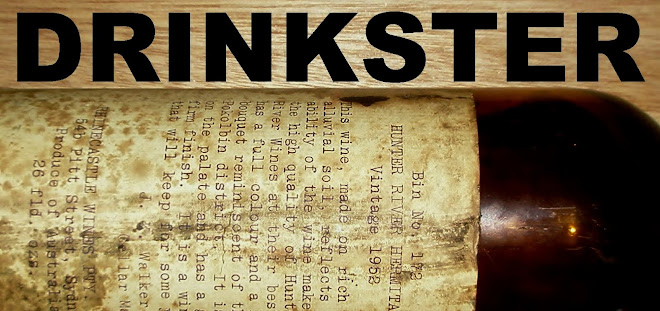
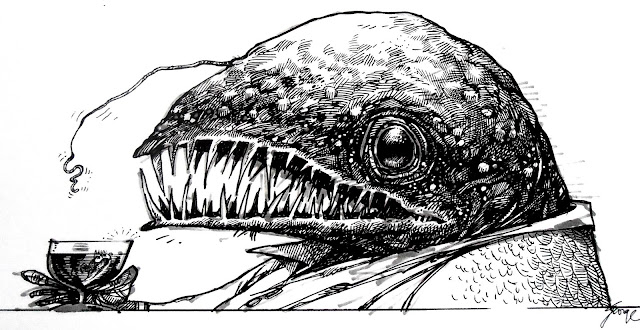
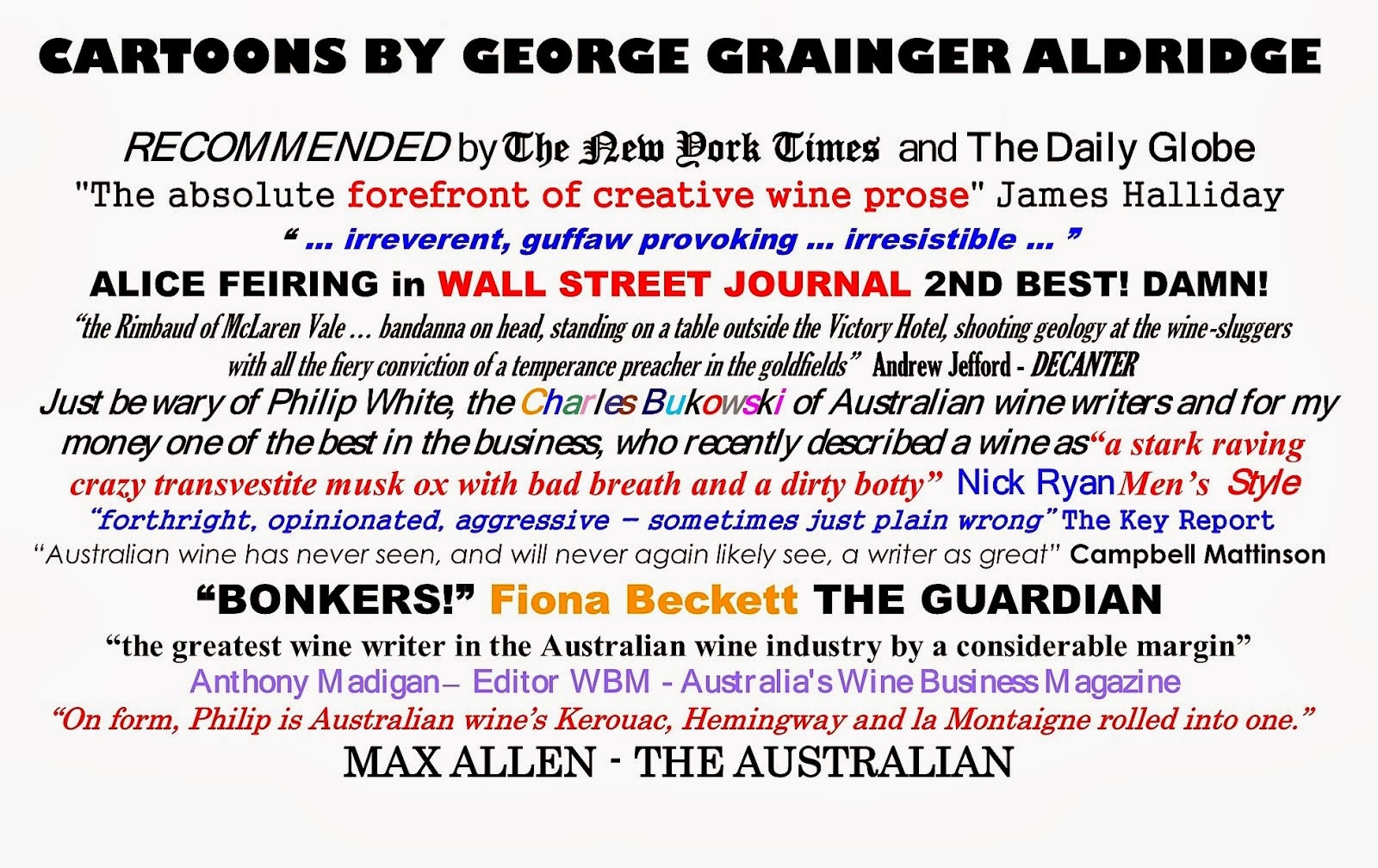





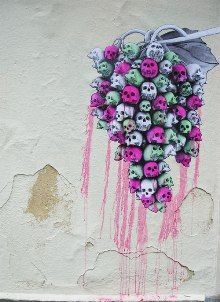






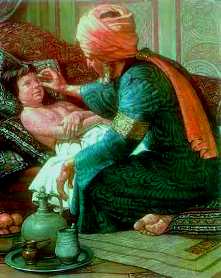

No comments:
Post a Comment